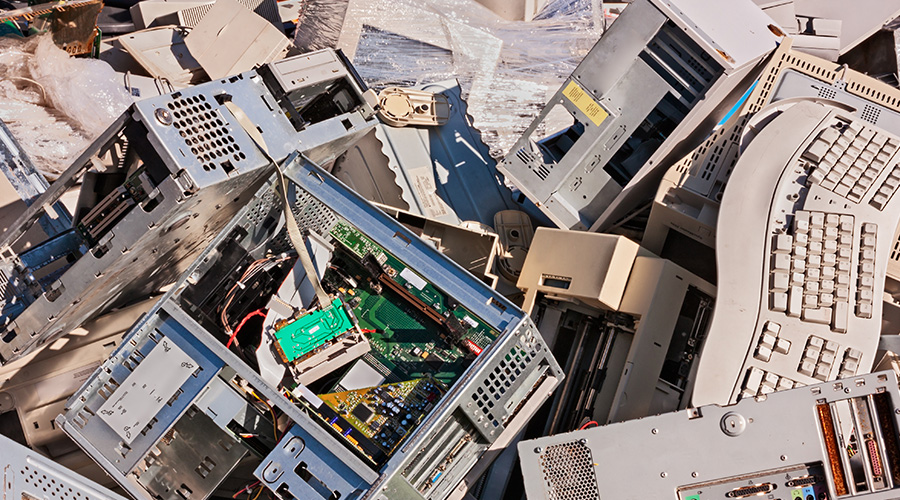Streamlining the Flow of Products
As material-handling practices evolve, training and standardized operations will become higher priorities for maintenance and engineering managers. And as more materials circulate throughout facilities and storerooms, managers will need to ensure their departments’ approach to handling products is well-organized and efficient.
Universal Approach
Academics, end users, industry consultants, and industry solution providers gathered in June for the Material Handling Logistics Summit, which addressed challenges and trends related to material handling and logistics.
As technology changes, it is important to have a universal approach to material handling, according to Mike Ogle, vice president of educational and technical services for the Material Handling Industry of America.
“The more that can be standardized, the easier it will be to take up a variety of tasks and maintain systems,” Ogle says.
Training also is critical for maintenance and engineering departments, Ogle says. As more products come into a facility, departments should have a well-established system in place to store and track materials. That system will help ensure storeroom and shelving space is maximized. Managers also should focus on long-term goals to properly address material-handling problems that arise, Ogle says. If people are well-trained and expectations are clear, the process will be much smoother.
Handling Sustainability
The summit also addressed sustainability in material handling, emphasizing how implementing green practices can lead to bottom-line benefits.
“Sustainable facilities tend to be those using a lot less consumable types of things that will get discarded,” Ogle says. Sustainable inventory management can start during the purchasing process. Organizations can look for vendors that reduce the amount of packaging surrounding their materials. Addressing packaging in the purchasing stage can reduce the amount of materials in a department’s inventory.
Applying a life-cycle approach to purchasing also has an effect on sustainability, Ogle says. Instead of specifying the product with the lowest initial cost, managers should consider what happens when the material is ready for disposal. Sustainable material handling has taken off in the last year, Ogle says, and it is hard to imagine it slowing down any time soon.
– Chris Matt, Associate Editor
Related Topics:











